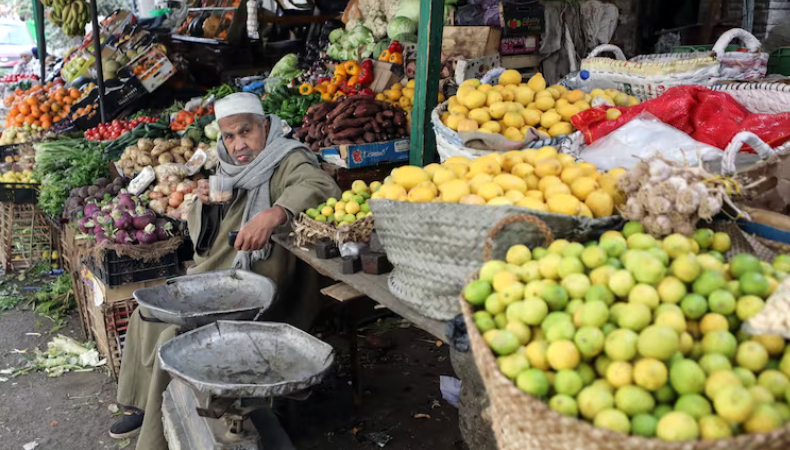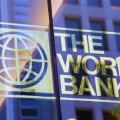Egypt to Borrow $14.87 Billion from Local Market in March

The Egyptian government needs money to pay off old debts and cover its expenses that are higher than its income. To get this money, the Ministry of Finance plans to borrow a huge amount of EGP 459.5 billion (around $14.87 billion) from the local Egyptian market in March 2024. This borrowing is part of a bigger plan to raise EGP 1.647 trillion (about $53 billion) during the third quarter of the current fiscal year.
Issuing T-Bills and Bonds
To borrow this money, the Ministry of Finance will issue 26 different types of short-term and long-term debt instruments called T-bills and bonds. There will be 16 T-bill tenders worth EGP 440 billion and 10 bond tenders worth EGP 19.5 billion.
The Central Bank of Egypt, which works for the government, will offer four different types of T-bills with different periods (91 days, 182 days, 273 days, and 364 days) and values ranging from EGP 100 billion to EGP 120 billion each.
The Central Bank will also offer various types of bonds, including zero-coupon bonds (728 days, EGP 4 billion), fixed-rate bonds (3 years, EGP 11 billion and 5 years, EGP 500 million), and variable-rate bonds (5 years, EGP 4 billion).
Banks Buying and Selling
The banks operating in Egypt are the main buyers of these T-bills and bonds that the government issues. 15 banks buy these securities directly from the government.
After buying them, these banks can then sell some of these securities to individual investors and institutional investors (like companies and funds) inside and outside Egypt.
Amount Owed
According to the latest report from the Ministry of Finance, the total amount still owed on local T-bills and bonds reached around EGP 4.966 trillion (around $161 billion) in January 2024.
Keep Reading
Out of this total, the amount owed to T-bills was about EGP 2.734 trillion (approximately $88.6 billion), and the amount owed to bonds was around EGP 2.232 trillion (approximately $72.4 billion).
The Egyptian government is borrowing this large amount of money from the local market to pay off old debts and cover the gap between its income and expenses. By doing this, the government aims to maintain a stable economy and ensure that the country’s financial system continues to function smoothly.







